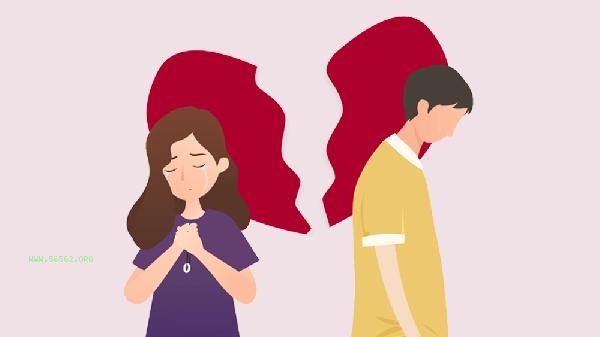The choice between marrying leftover women or divorcing women depends on personal emotional needs and life stage. Leftover women usually refer to older unmarried women who may place more emphasis on their careers or have higher standards for choosing a spouse; Divorced women who have experienced marriage may have a better understanding of their own needs but are at risk of emotional trauma. There are differences between the two in terms of personality maturity, family values, emotional experiences, and so on.

1. Leftover Women Advantage
Older unmarried women often have stronger economic independence and career achievements, and have clear requirements for quality of life. These women usually have stable social circles and interests, and their marriage choices are more rational. Some people delay marriage and dating due to their focus on career development, and may be more supportive of their partner's career growth after marriage. Their original family relationships are relatively simple and rarely involve complex issues such as raising former children.
II. Advantages of Divorced Women
Women who have experienced marriage have a more practical understanding of gender relationships and are more tolerant when dealing with family conflicts. They may have a clearer understanding of their bottom line in marriage and a relatively mature communication style. Some divorced women have repaired their trauma through emotional growth courses or psychological counseling, and will cherish family relationships more when remarrying. If you have children with your ex husband, their parenting experience may also become a resource for the new family.
III. Potential Challenges for Leftover Women
Long term singlehood may lead to fixed lifestyle habits, requiring more room for adjustment after marriage. Some people rush into marriage due to age pressure, which can lead to psychological differences in the later stages. The highly educated and high-income group may have implicit mate selection criteria, requiring partners to have stronger emotional value providing abilities. Excessive attention from the family of origin to the marriage of older daughters may bring additional pressure.

4. Potential Challenges for Divorced Women
Failure to properly handle emotional trauma may affect the establishment of trust in new relationships, and some individuals may have psychological defenses against remarriage. When it comes to child rearing, the relationship between stepparents and children requires a longer period of adjustment. Economic separation agreements or ongoing contacts with predecessors may trigger new conflicts. The bias of society towards divorced women may indirectly affect their mental health status.
V. Decision Suggestions
The focus should be on evaluating the degree of value matching between both parties rather than their marital history, and professional dating assessment tools can be used to analyze the points of fit. It is recommended to conduct a 3-6 month observation period for premarital relationships, with a focus on examining emotional stability and conflict resolution patterns. Pre marital psychological counseling can help identify potential risks, and family system alignment therapy is suitable for situations involving step in relationships. Jointly develop financial planning plans and clarify the boundary management between pre marital assets and shared expenses. Regardless of the type of partner chosen, establishing a healthy communication mechanism is more important than paying attention to marital history. Regular partner relationship assessments and participation in marriage growth workshops can help maintain long-term intimate relationships. Pay attention to the interaction patterns of the other party's original family, which often predicts the quality of future marriages more accurately than personal marriage history. It is recommended to complete professional tools such as MBTI personality test and attachment type assessment with your partner before making a decision, and judge adaptability from the perspective of personality traits rather than conventional conditions. Maintain an open mindset, and the happiness of a marriage depends on both parties' willingness to grow together rather than their initial state.










Comments (0)
Leave a Comment
No comments yet
Be the first to share your thoughts!